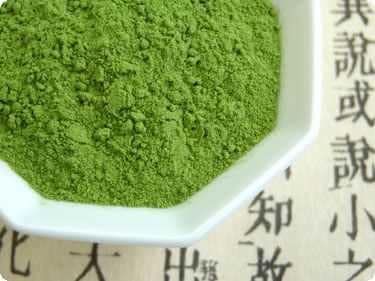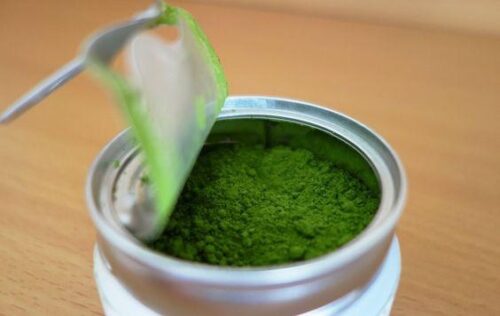
It is widely known that exposure to heat and air can cause matcha powder to lose its freshness and degrade its beneficial antioxidants. Storing matcha properly is crucial to preserving its flavor and nutritional benefits.

Heat and humidity are common culprits that accelerate the staling of matcha. While some people opt to refrigerate their matcha to avoid heat, this approach has its own issues. If not stored properly, matcha powder can absorb strong odors from the refrigerator, which negatively impacts its flavor and aroma. Matcha powder contains catechins—antioxidants known for their health benefits—making it particularly vulnerable to oxidation, which degrades these compounds. Therefore, it’s essential to store matcha powder in an airtight container, such as a zip-lock or vacuum-sealed bag, to minimize exposure to oxygen.
In addition to avoiding oxygen, matcha should be stored in a dark place. This is because matcha powder is derived from a specific type of indoor-grown green tea that produces high levels of chlorophyll. Light exposure destroys chlorophyll, leading to a dull taste in the brewed tea. For this reason, storing matcha in a dark container or a non-transparent container is recommended. If using a transparent container, keep it in a dark cabinet that isn’t frequently opened. After removing it from the refrigerator, allow the container to warm before brewing to maintain the optimal flavor.

Some may wonder if freezing matcha powder is a viable option for prolonging its shelf life. The answer is yes—freezing matcha powder can help preserve its quality, especially for those who don’t brew it frequently. If freezing, ensure that the matcha powder is stored in an airtight container to prevent it from absorbing any odors in the freezer.
However, freezing is not recommended for green tea leaves. Freezing tea leaves can alter their taste and diminish their aroma due to moisture crystallization, which damages the leaf cells. This can result in a loss of flavor and aroma, as well as potential freezer burn if not sealed properly. Instead, tea leaves should be stored in a cool, dry place. If you have excess tea leaves, consider using a clean paper bag wrapped tightly or an iron can with a moisture-proof bag to store them. Avoid using transparent containers, as exposure to light can negatively affect the tea leaves.
For green tea, especially fresh tea, storing it in a dry place at low temperatures is ideal. It should be consumed within 12-18 months, as the taste begins to fade after that period. Oolong and black tea leaves can be stored at normal room temperature, but they should be kept away from direct sunlight to preserve their quality.
To sum up, both matcha powder and green tea leaves require specific storage methods. The key to maintaining their freshness is storing them in a cool, dark place, away from oxygen. By following these guidelines, you can preserve the flavor and nutritional benefits of your matcha and green tea for longer.
